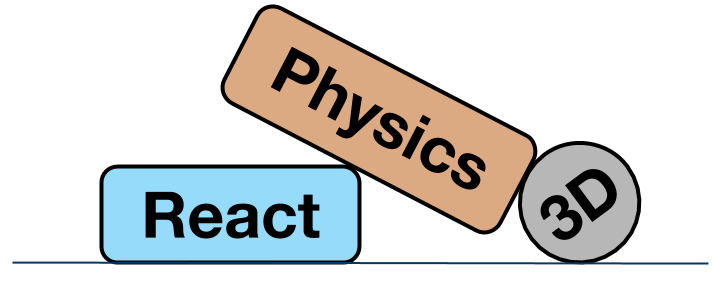 |
ReactPhysics3D
v0.10.2
C++ Physics engine library
|
 |
ReactPhysics3D
v0.10.2
C++ Physics engine library
|
This class is used to compute the narrow-phase collision detection between a sphere and a convex polyhedron. More...
#include <include/reactphysics3d/collision/narrowphase/SphereVsConvexPolyhedronAlgorithm.h>

Public Member Functions | |
| SphereVsConvexPolyhedronAlgorithm ()=default | |
| Constructor. | |
| virtual | ~SphereVsConvexPolyhedronAlgorithm () override=default |
| Destructor. | |
| SphereVsConvexPolyhedronAlgorithm (const SphereVsConvexPolyhedronAlgorithm &algorithm)=delete | |
| Deleted copy-constructor. | |
| SphereVsConvexPolyhedronAlgorithm & | operator= (const SphereVsConvexPolyhedronAlgorithm &algorithm)=delete |
| Deleted assignment operator. | |
| bool | testCollision (NarrowPhaseInfoBatch &narrowPhaseInfoBatch, uint32 batchStartIndex, uint32 batchNbItems, bool clipWithPreviousAxisIfStillColliding, MemoryAllocator &memoryAllocator) |
| Compute the narrow-phase collision detection between a sphere and a convex polyhedron. | |
 Public Member Functions inherited from reactphysics3d::NarrowPhaseAlgorithm Public Member Functions inherited from reactphysics3d::NarrowPhaseAlgorithm | |
| NarrowPhaseAlgorithm ()=default | |
| Constructor. | |
| virtual | ~NarrowPhaseAlgorithm ()=default |
| Destructor. | |
| NarrowPhaseAlgorithm (const NarrowPhaseAlgorithm &algorithm)=delete | |
| Deleted copy-constructor. | |
| NarrowPhaseAlgorithm & | operator= (const NarrowPhaseAlgorithm &algorithm)=delete |
| Deleted assignment operator. | |
This class is used to compute the narrow-phase collision detection between a sphere and a convex polyhedron.
The sphere is basically a point with a margin around it. The idea of this method is to use the GJK algorithm first. If GJK reports that the two objects are separated, we are done. If GJK reports that the objects are overlapping in the sphere margin, GJK will also report a contact point and a contact normal. However, if GJK reports that the object are in deep penetration (the center of the sphere is inside the polyhedron) we run the SAT algorithm to get the contact point and contact normal. This is based on the "Robust Contact Creation for Physics Simulation" presentation by Dirk Gregorius.